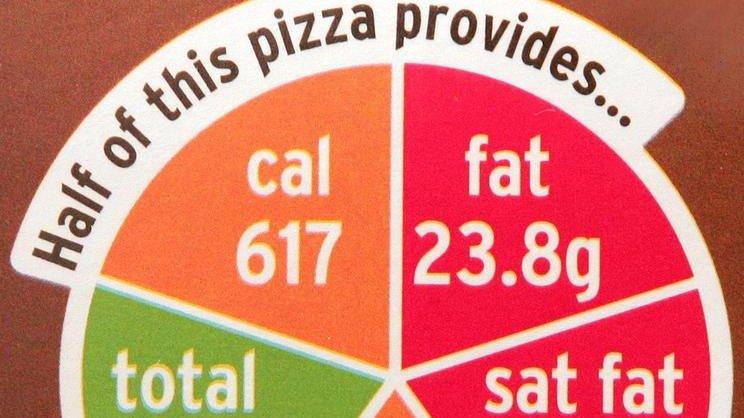Food 'should show activity needed to burn off calories'
- Published
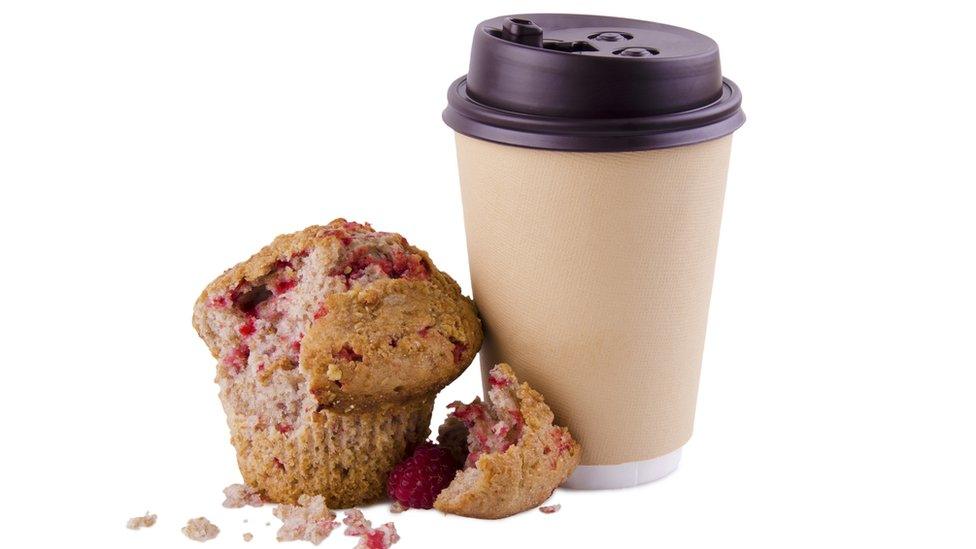
Burning off the calories in a coffee and muffin would take more than an hour and a half of walking
Labels should be added to food and drink to show how much activity would be needed to burn off the calories consumed, the Royal Society for Public Health says.
It argues people underestimate the time it takes to exercise off calories in everyday products.
A mocha coffee containing 290 calories takes 53 minutes to walk off and a blueberry muffin takes 48 minutes.
The food and drink industry said the idea was worth exploring.
A policy paper from the RSPH says the most common cause of obesity is consuming more calories than are burned off - and those taking lots of exercise are more likely to lose weight.
Exercise prompt
It says activity symbols on packs would prompt consumers to choose healthier options or exercise more.
Research shows that some consumers find current nutritional labels on the front of products confusing because of information overload.
They also spend just six seconds looking at food before buying it.
This means the information on the front of packs should be easy to understand and calorie information should be presented in a clear way, the paper said.
The RSPH says pictorial icons on the front of packs, as well as existing information, would be a good idea.

These pictures would show how much exercise is required to walk or run off the calories contained in the product.
The labelling would also remind the public of the importance of being physically active, which is known to boost mood, energy levels and reduce stress and depression.
A survey of 2,000 adults by RSPH found that more than 60% of people would support the introduction of "activity equivalent calorie labelling".
More than half said it would encourage them to choose healthier products, eat smaller portions or do more physical exercise.
Men should consume around 2,500 calories and women 2,000 calories on average each day to maintain a healthy weight, the paper says.
Two-thirds of adults in the UK are currently overweight or obese.
Gentle reminder
Shirley Cramer, chief executive of the Royal Society for Public Health, said: "Although nutritional information provided on food and drink packaging has improved, it is evident that it isn't working as well as it could to support the public in making healthy choices.
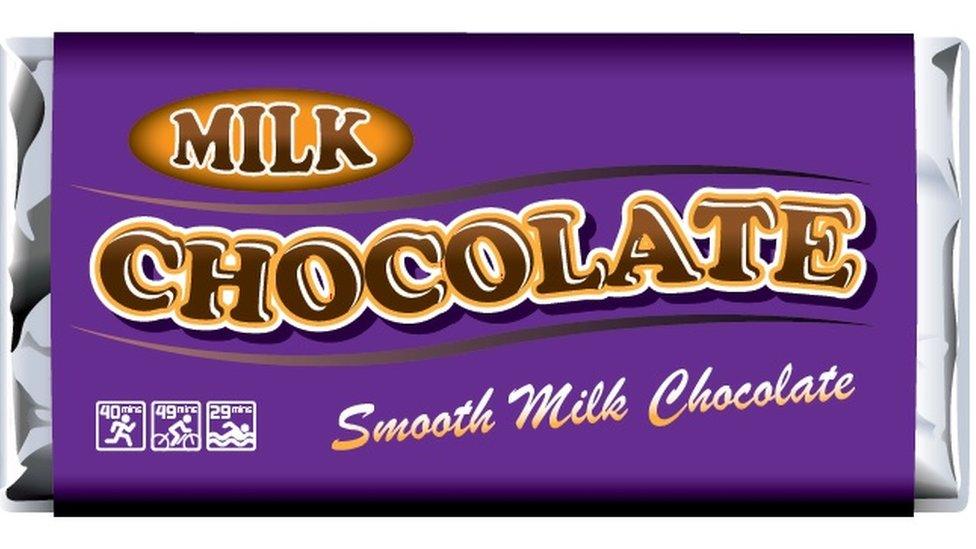
A bar of chocolate shows the proposed activity labels at the bottom left of the product
"Activity equivalent calorie labelling provides a simple means of making the calories contained within food and drink more relatable to people's everyday lives, while also gently reminding consumers of the need to maintain active lifestyles and a healthy weight."
A spokesperson for the Food and Drink Federation said activity equivalent information was "an interesting concept" which was worth exploring.
"As an industry, we are looking at what more we can do to help people use the existing nutrition information provided to understand how different foods and drinks fit within a healthy lifestyle.
"We support RSPH's call for further research into whether activity equivalent calorie labelling could be an effective way of encouraging consumers to use labels."
The FDF said EU rules which dictate what companies are allowed to put on their food labels would need to be considered in any proposals.
- Published29 April 2015
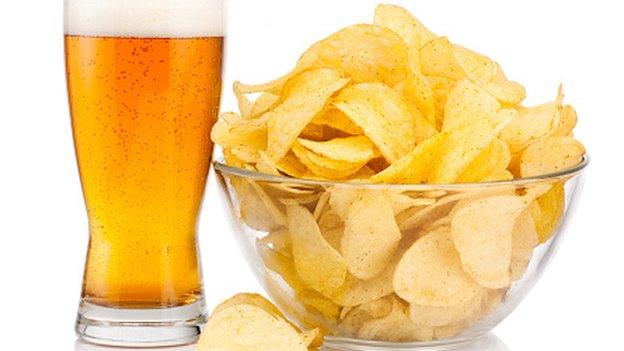
- Published17 February 2013
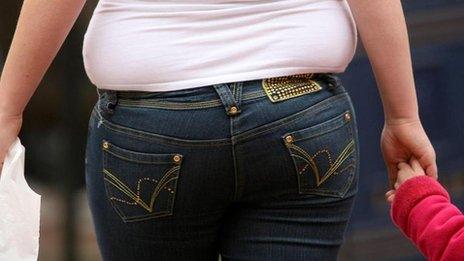
- Published13 May 2012
